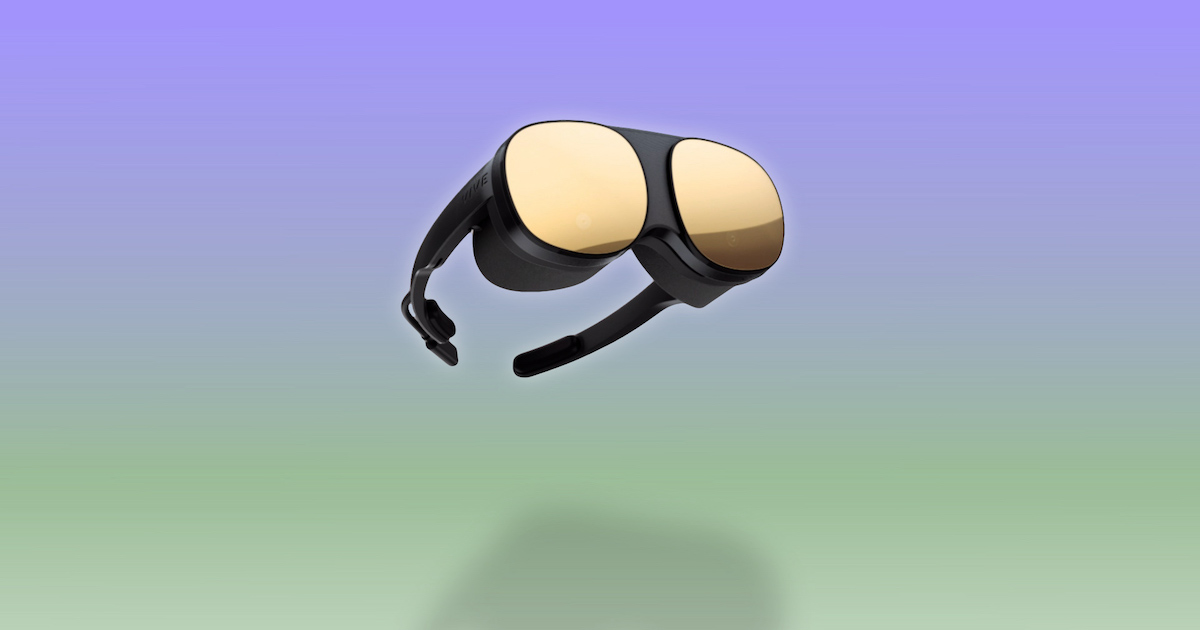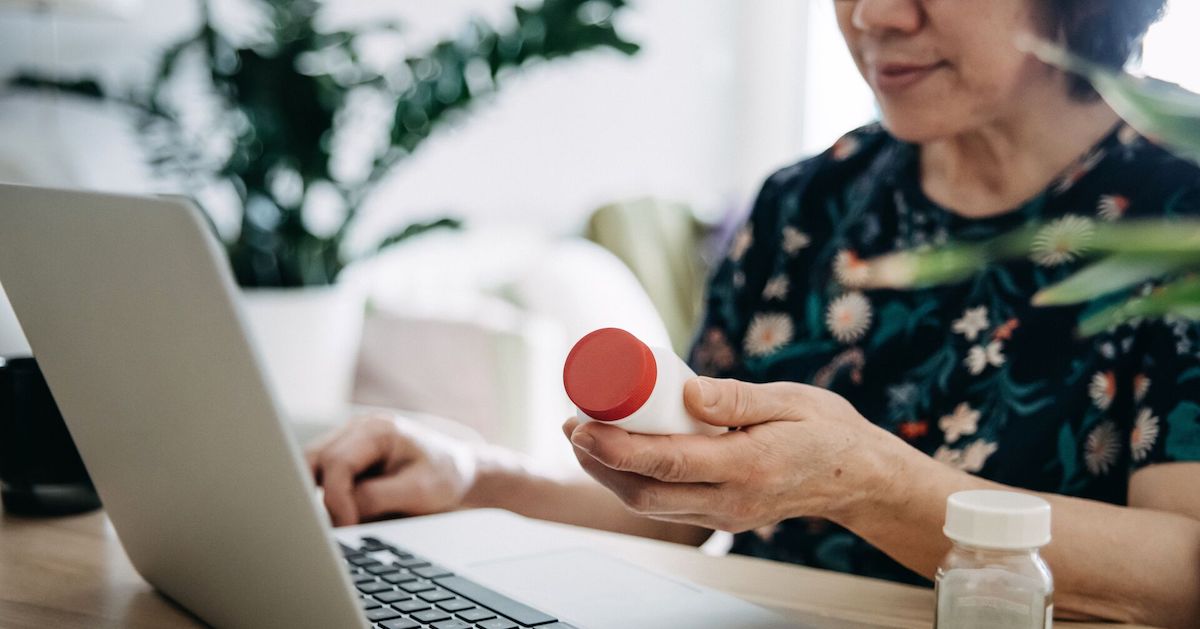Editor’s note: This story has been updated with a comment from Philips.
Royal Philips received an additional $44.6 million from the Bill and Melinda Gates Foundation, bringing its total received to $60 million, to support the global deployment of the tech giant’s AI-enabled, FDA-cleared Lumify Ultrasound System.
In 2021, Philips received an initial grant of $15.4 million from the Gates Foundation to develop AI-enabled applications to improve obstetric care in low- and middle-income countries, focusing on underserved communities.
Philips developed its AI to help frontline health workers, such as midwives, identify possible complications during pregnancy.
The tool, which uses informatics, digitization and AI to supply operators with an interpretation of image results, was utilized during a trial period in Kenya with positive results.
With the new round of funding, Philips will work to expand the adoption of its AI algorithm globally, aiming to decrease the training time of frontline workers in rural underserved communities who triage pregnant women.
“The Kenya pilot underlines the power of the solution we are developing. Within hours the healthcare professionals can conduct ultrasound scans to triage pregnant women on six critical parameters. Normally, this would require weeks of training. At Philips, we believe that this solution has the potential to improve access to care to underserved communities and thereby positively impact the statistics of maternal mortality,” Matthijs Groot Wassink, general manager for point of care and obstetric ultrasound at Philips, told MobiHealthNews in an email.
THE LARGER TREND
Medtech giant GE Healthcare received $44 million from the Bill and Melinda Gates Foundation in September to develop AI-enabled applications and tools to assist less-experienced health professionals in low- and middle-income countries with performing ultrasound scans that address fetal and maternal health and respiratory diseases.
Caption Health, which makes AI-enabled ultrasound guidance software and was acquired by GE HealthCare earlier this year, is slated to lead the development of the technology.
Last year, Butterfly Network, maker of a handheld, smartphone-connected ultrasound system, received a $5 million grant from the Bill and Melinda Gates Foundation to expand access to its imaging technology in Sub-Saharan Africa.
Butterfly announced the completion of phase one of its deployment and training program in Kenya last December, through which the company supplied 500 Butterfly iQ+ devices – the company’s FDA 510(k) cleared flagship product – and training to 1,000 healthcare workers in the region.





